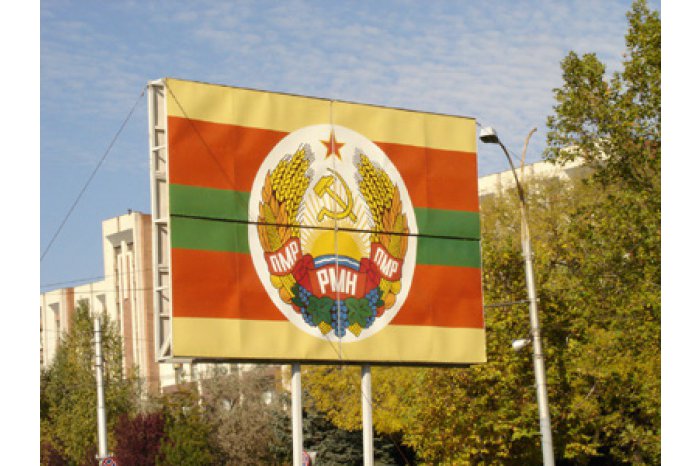Transnistrian region faces unprecedented economic crisis - survey
12:26 | 11.12.2015 Category: Economic
Chisinau, 11 December /MOLDPRES/-The Gross Domestic Product (GDP) of the Transnistrian region is likely to shrink by about 10-12 per cent, according to authors of a study, Transnistrian economy at crossroads?, launched by the Expert-Grup Independent Analytical Centre.
The unfriendly situation on foreign markets (instability in Ukraine, economic recession in Russia and on the right bank of Moldova, reduced demand in EU, devaluation of national currencies in countries from the region) triggered a decrease in demand for exports by almost a quarter, the experts said. This was reflected “in a lower level of industrial production, which dropped by about ten per cent in the first nine months of 2015”.
The economic crisis runs the risk of turning into a social one. People’s revenues decreased by about 30 per cent, in absolutely all sources of income (remittances, wages, revenue from entrepreneurial activity, social transfers and pensions). As a result, final consumption fell at a slower rate than revenues, by about 21-22 per cent.
The experts also point out that “the capacity of the economy to generate new jobs dropped, some jobs are closing, and the wages have decreased at the remaining ones. Moreover, wage arrears increased almost 4.5-fold both in the public and private sectors”.
The Transnistrian region proved to be fully unprepared for such an economic and social shock, the study reads. Amid budget constraints, the regional administration enhanced pressures on the private sector. Thus, large arrears were accumulated in payment of public contracts and a part of public expenses were transposed on the private sector companies. A telling example is the opening by Ribnita-based Metallurgical Plant of a social shopping network.
At least three major economic risks are outlined for next 2-3 years. It is about: quicker decrease in exports, faster consumption reduction and high increase in level of inflation and poverty. “If the exchange rate of the “Transnistrian ruble” is maintained by all means, it will be necessary to suddenly devalue the currency, that will generate an extremely high level of inflation and will lead to serious consequences for residents”, one of authors, Alexandru Fala, said.
To stabilize the situation, Expert-Grup recommends implementation of the provisions of the Association Agreement in terms of foreign trade. “The Transnistrian region reached a “to be or not to be” situation concerning the enforcement of commercial stipulations of the Association Agreement. If they are implemented, we estimate an 8-10- per cent economic growth in 2016, certainly helped by a recovery of Ukrainian and Russian markets; yet, if they do not implement them, the region runs the risk to register a 3-5-per cent economic decline in 2016”, Expert-Grup Centre’s director Adrian Lupusor said.
The experts also recommend the authorities to give up the practice of burdening private sector from the region with financial obligations assumed by the authorities in an extremely austere economic period and to reform the fiscal system of the region.
(Reporter V. Bercu, editor L. Alcaza)

